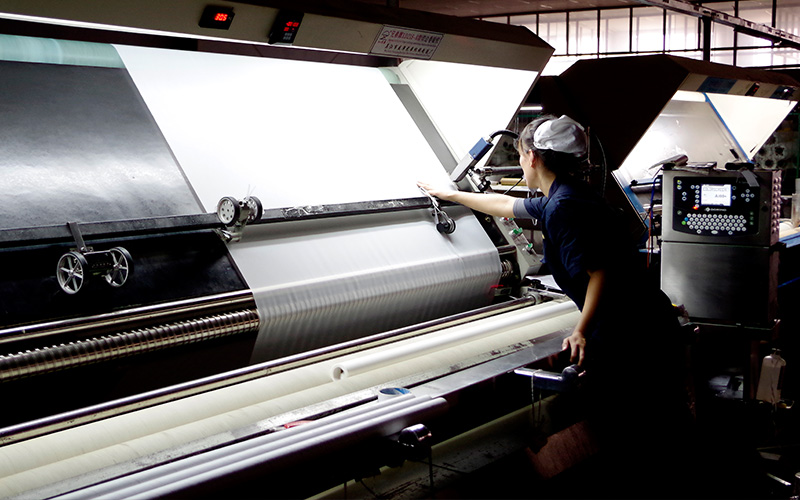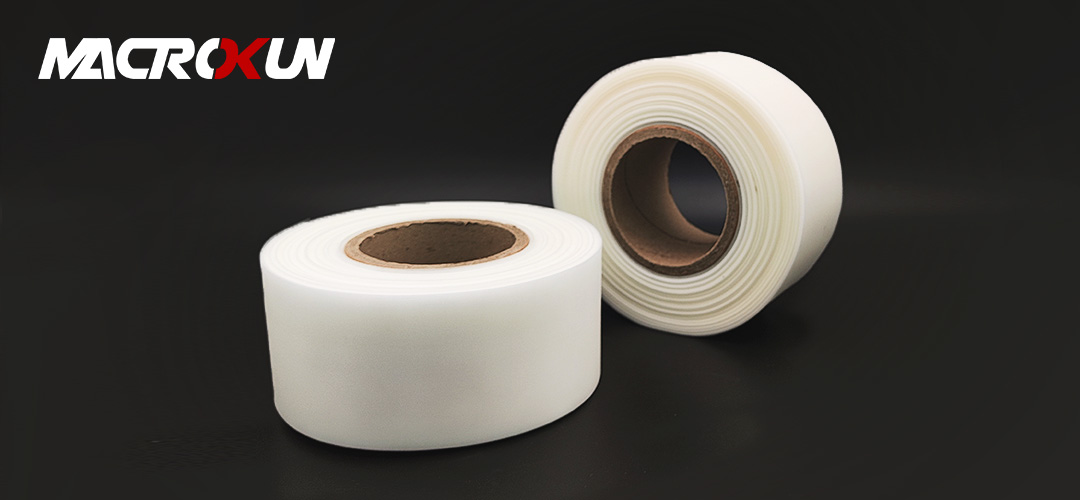Nylon mesh filter funnels are essential tools in laboratory settings for separating solids from liquids. These funnels are made of durable nylon material that is resistant to most chemicals, making them ideal for a wide range of applications. In this article, we will discuss the benefits of using nylon mesh filter funnels in laboratory settings and provide some best practices for their use.
One of the main benefits of using nylon mesh filter funnels is their versatility. These funnels come in various sizes and mesh sizes, allowing for customization based on the specific needs of the experiment. Whether filtering large particles or fine particles, nylon mesh filter funnels can handle a wide range of filtration tasks with ease.
Another benefit of nylon mesh filter funnels is their durability. Unlike paper filters that can tear or collapse under pressure, nylon mesh filters are strong and can withstand the rigors of laboratory use. This durability ensures that the filter funnel will not break or fail during the filtration process, providing reliable results every time.

In addition to their durability, nylon mesh filter funnels are also reusable. After use, simply clean the funnel with a solvent or detergent to remove any residue, and it is ready for the next filtration task. This reusability not only saves money on filter replacements but also reduces waste, making nylon mesh filter funnels an environmentally friendly option for laboratory filtration.

When using nylon mesh filter funnels in the laboratory, there are some best practices to keep in mind to ensure optimal performance. First, always choose the appropriate mesh size for the particles being filtered. Using a mesh size that is too small can result in clogging, while using a mesh size that is too large may allow particles to pass through the filter. It is important to select the right mesh size to achieve the desired level of filtration.
Another best practice is to properly prepare the filter funnel before use. Wetting the filter with the solvent or liquid being filtered can help improve filtration efficiency by reducing surface tension and allowing for better flow. Additionally, ensuring that the filter is securely in place in the funnel can prevent leaks and ensure a tight seal during filtration.
During the filtration process, it is important to maintain a steady flow rate to prevent clogging and ensure consistent results. Avoid applying too much pressure or suction, as this can damage the filter and compromise the filtration process. By maintaining a steady flow rate, you can achieve efficient filtration without risking damage to the filter funnel.

After filtration is complete, properly clean and store the nylon mesh filter funnel to ensure its longevity. Thoroughly clean the funnel with a solvent or detergent to remove any residue, and allow it to dry completely before storing. Store the filter funnel in a clean, dry place to prevent contamination and ensure that it is ready for future use.
In conclusion, nylon mesh filter funnels are versatile, durable, and reusable tools that are essential for laboratory filtration tasks. By following best practices for their use, you can achieve optimal results and prolong the life of your filter funnel. Incorporating nylon mesh filter funnels into your laboratory workflow can improve efficiency, accuracy, and reliability in your filtration processes.
Nylon mesh filter funnels are essential tools in many industries, including pharmaceuticals, food and beverage, and environmental testing. These funnels are used to filter out impurities and particles from liquids, ensuring that the final product is of the highest quality. To ensure that your nylon mesh filter funnels continue to perform effectively, it is important to follow proper cleaning and maintenance techniques.
One of the most important steps in maintaining nylon mesh filter funnels is to clean them regularly. After each use, the funnel should be rinsed with warm water to remove any residue or particles that may have accumulated. It is important to use a gentle cleaning solution, such as a mild detergent, to avoid damaging the mesh. Avoid using harsh chemicals or abrasive scrubbers, as these can cause the mesh to become damaged or clogged.
In addition to regular cleaning, it is important to inspect the mesh filter funnel for any signs of damage or wear. Check the mesh for tears, holes, or other imperfections that may affect its performance. If any damage is found, it is important to replace the mesh immediately to ensure that the funnel continues to filter effectively.
Another important aspect of maintaining nylon mesh filter funnels is to properly store them when not in use. Store the funnels in a clean, dry area away from direct sunlight and extreme temperatures. This will help prevent the mesh from becoming brittle or damaged over time. It is also important to store the funnels in a way that prevents them from becoming bent or misshapen, as this can affect their ability to filter effectively.
When using nylon mesh filter funnels, it is important to follow the manufacturer’s instructions for proper use. This includes using the funnel with compatible liquids and ensuring that the funnel is properly secured in place during use. Improper use of the funnel can lead to damage or reduced effectiveness, so it is important to follow all guidelines provided by the manufacturer.
In addition to following proper cleaning and maintenance techniques, it is important to regularly replace the mesh in nylon mesh filter funnels. Over time, the mesh can become clogged or damaged, reducing its ability to filter effectively. By replacing the mesh regularly, you can ensure that your funnel continues to perform at its best.
Overall, proper cleaning and maintenance techniques are essential for ensuring that nylon mesh filter funnels continue to perform effectively. By following these best practices, you can extend the life of your funnels and ensure that they continue to filter out impurities and particles from liquids with ease. Remember to clean the funnels regularly, inspect them for damage, store them properly, follow manufacturer’s instructions, and replace the mesh as needed. By taking these steps, you can ensure that your nylon mesh filter funnels continue to meet your filtration needs for years to come.
When it comes to filtering liquids in a laboratory or industrial setting, nylon mesh filter funnels are a popular choice due to their durability and versatility. However, choosing the right size and micron rating for your specific needs is crucial to ensure optimal performance. In this article, we will discuss some best practices for selecting the appropriate nylon mesh filter funnel to meet your filtration requirements.
One of the first considerations when choosing a nylon mesh filter funnel is the size of the funnel itself. The size of the funnel will depend on the volume of liquid you need to filter and the space available in your workspace. It is important to select a funnel that is large enough to accommodate the volume of liquid you are working with, but not so large that it becomes cumbersome to handle.
In addition to size, the micron rating of the nylon mesh filter is another important factor to consider. The micron rating refers to the size of the openings in the mesh, with lower micron ratings indicating smaller openings and finer filtration. The appropriate micron rating will depend on the size of particles you need to remove from the liquid. For example, if you are filtering a liquid with large particles, a higher micron rating may be sufficient. However, if you need to remove very small particles, a lower micron rating will be necessary.
When selecting a nylon mesh filter funnel, it is also important to consider the material of the mesh itself. Nylon mesh is a popular choice due to its durability and resistance to chemicals, making it suitable for a wide range of applications. However, there are different types of nylon mesh available, each with its own unique properties. It is important to choose a mesh material that is compatible with the liquid you are filtering and will not react with any chemicals present in the liquid.
Another important consideration when using nylon mesh filter funnels is proper maintenance and cleaning. To ensure optimal performance and longevity of your filter funnel, it is important to clean it regularly and replace the mesh when necessary. Cleaning the funnel with a mild detergent and warm water will help remove any debris or buildup that may clog the mesh and affect filtration. Additionally, inspecting the mesh regularly for signs of wear or damage and replacing it as needed will help maintain the efficiency of the filter funnel.
In conclusion, selecting the right size and micron rating for your nylon mesh filter funnel is essential for achieving optimal filtration results. Consider the volume of liquid you need to filter, the size of particles you need to remove, and the compatibility of the mesh material with the liquid. Proper maintenance and cleaning of the filter funnel will also help ensure its longevity and efficiency. By following these best practices, you can effectively use nylon mesh filter funnels in your laboratory or industrial setting to achieve reliable and consistent filtration results.
Pre: Nylon Mesh Filter Sock Filter: Effective Liquid Filtration
Next: How Nylon Mesh Filter Cartridges Improve Filtration Systems

MACROKUN has established long-term and stable cooperative relations with many transportation companies such as China Post, DHL, FEDEX, USPS, UPS, etc. Of course, MACROKUN can also provide air and sea transportation. The powerful logistics system enables all MACROKUN'S Printing Mesh, Filter Mesh and Filter Bags and so on to be easily and efficiently transported to any place. For quotes and inquiries, please email our sales team.





